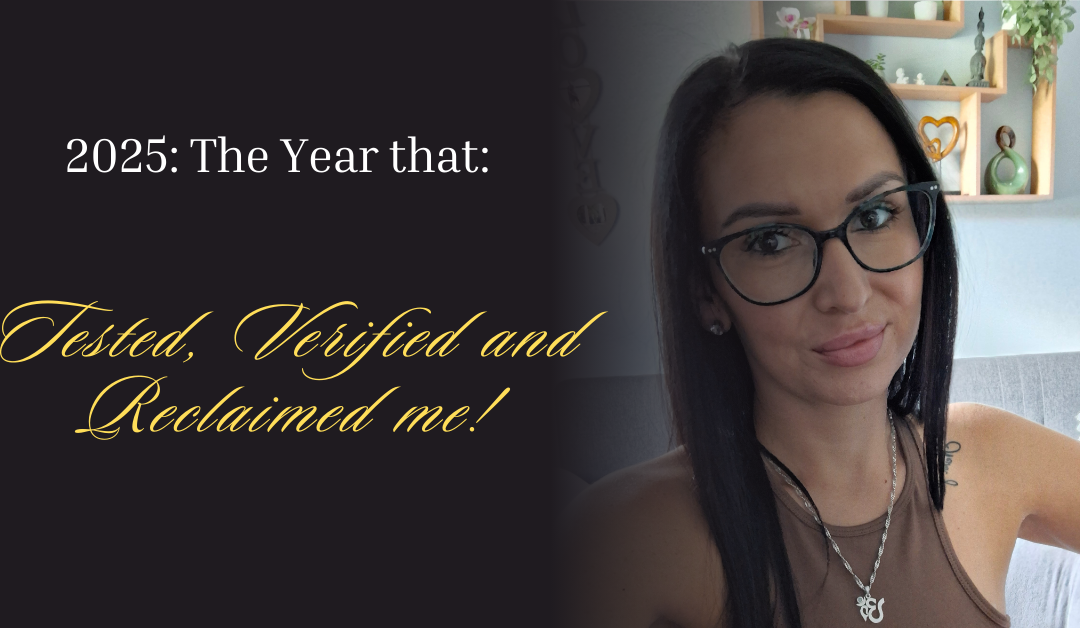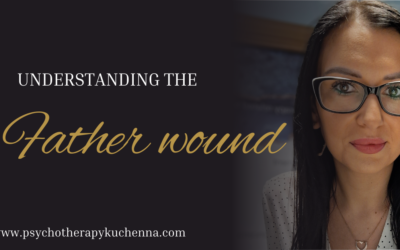BLOG
by Sylwia Kuchenna

2025: The Year That Tested, Verified, and Reclaimed Me
I felt like 2025 was an extension of 2024. It didn’t arrive gently or cleanly—it arrived already heavy, already demanding. It was one of the most emotionally challenging years I’ve experienced, because it forced me to look honestly at what no longer serves me and...
Home Sweet Home — A Therapist’s Reflection on a Film That Hurts Because It’s True
When I booked my ticket last Sunday for the film Home Sweet Home, I already knew it would be a difficult watch. A film about domestic violence rarely comes with emotional comfort. I walked into the cinema preparing myself, not just as a therapist, but as a woman — and...
Understanding Narcissism: Traits, Impact, and Protection
Narcissism, clinically understood, refers to a set of personality traits characterised by pervasive grandiosity, an excessive need for admiration, and a marked lack of empathy. When these traits become inflexible, maladaptive, and impair interpersonal functioning,...
The Forgotten Relationship: Reconnecting With Our Body
Not long ago, I ran a simple poll on my Instagram story, asking people how they felt about their relationship with their body. The results were striking: Great, I totally accept and respect it – 5% No relationship – 18% I don’t know, I don’t pay attention – 12% Not...
The Inner Child: A Journey Toward Wholeness
Yesterday I delivered another inner child workshop — and gosh, I love that process so much. It never stops fascinating me, the way the unconscious works. There was one exercise where I always made space for my own inner child. I honour her every time I facilitate,...
Are You Living From Your True Self — or From Your Wounds?
Have you ever reacted to something and thought, “Why did that bother me so much?” Or found yourself stuck in the same kinds of relationships, patterns, or fears, no matter how hard you try to change? However, the truth is, many of us are not living from our authentic...
She Asked for Help. What She Got Was Shame
I want to share the story of a patient of mine, who has given me full consent to write about her journey. It’s a story that has stayed with me deeply—not just because of what she went through, but also because I know there are many others like her. People quietly...
The Devastating Impact of Emotional Abuse in Relationships
Emotional abuse in relationships can be as damaging, if not more so, than physical abuse. While physical wounds heal, the psychological scars from emotional abuse often linger, affecting self-esteem, mental health, and the ability to form healthy connections....
Understanding the Father Wound: Its Impact on Men and Women
The "father wound" refers to the emotional, psychological, and sometimes spiritual pain resulting from an absent, neglectful, or emotionally unavailable father. While the father wound often stems from the dynamics of one’s relationship with their father, it is not...
Understanding the Mother Wound: Its Impact on Men and Women
The term "mother wound" refers to the emotional, psychological, and sometimes even physical imprint left by unresolved pain, neglect, or unmet needs in the relationship with one’s mother. While the phrase might suggest blame, the mother wound is often the result of...
A Page from a Therapist’s Diary: Lessons from 2024
Reflecting on 2024: Lessons Learned As I sit here reflecting on 2024, one word comes to mind: lesson. That’s exactly what this year has been for me—a big, messy, beautiful lesson in every corner of my life. I never thought I’d look in the mirror and feel like I didn’t...

About Me
My name is Sylwia Kuchenna,
I am a qualified psychotherapist.
Psychotherapy is so much more for me than just work. It is my passion. Every client is special for me and equally important.
I am aware that each client is different, have different needs and their story is unique, this is why I am using an integrated style of therapy, which is a mix of various types of therapy (psychodynamic, humanistic, cognitive- behavioural (CBT), family systems and Gestalt).
This approach allows me to match the therapy to an individual client’s needs.










